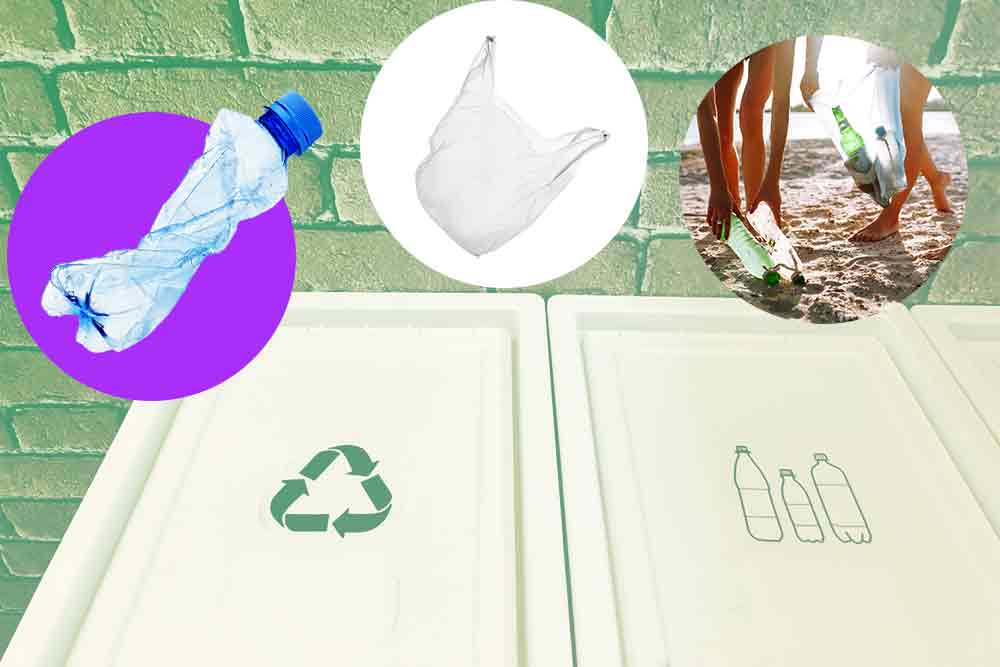Economy
UN ‘Roadmap’ Provides Strategy to Drastically Reduce Plastic Pollution by 2040


The United Nations Environment Programme (UNEP) has unveiled a comprehensive report outlining a “roadmap” to significantly reduce plastic pollution and transition to a circular economy.
The report, titled “Turning off the Tap: How the world can end plastic pollution and create a circular economy,” stresses the urgent need to address the adverse effects of plastic on ecosystems, human health, and the climate.
UNEP Executive Director Inger Andersen highlighted the detrimental impact of current plastic pollution on human health and the world.
“The way we produce, use, and dispose of plastics is polluting ecosystems, creating risks for human health, and destabilizing the climate,” Andersen said.
The report advocates adopting a circular approach that prevents plastics from entering ecosystems and human bodies while fostering their integration within the economy.
The proposed roadmap focuses on three key shifts: reuse, recycle, reorient and diversify. It also presents strategies to tackle the existing plastic pollution crisis.
However, despite these measures, an estimated 100 million metric tons of plastics from single-use and short-lived products will still need to be safely managed annually by 2040.
To establish a circular economy, the report recommends implementing design and safety standards for disposing of non-recyclable plastic waste and holding manufacturers responsible for products that release microplastics. This transition could result in savings of USD1.27 trillion, considering costs and recycling revenues, along with an additional USD3.25 trillion from avoided externalities such as health and climate-related impacts.
Moreover, the shift to a circular economy could generate a net increase of 700,000 jobs by 2040, predominantly benefiting low-income countries and improving the livelihoods of workers in informal settings. While the investment costs for this systemic change are substantial, they are lower than the projected spending without intervention.
The report stresses the need for prompt action, warning that a five-year delay could lead to an additional 80 million metric tons of plastic pollution by 2040.
The suggested solutions, encompassing concrete practices, market shifts, and policy recommendations, aim to guide governmental decision-making and inspire business actions. (GFB)

































